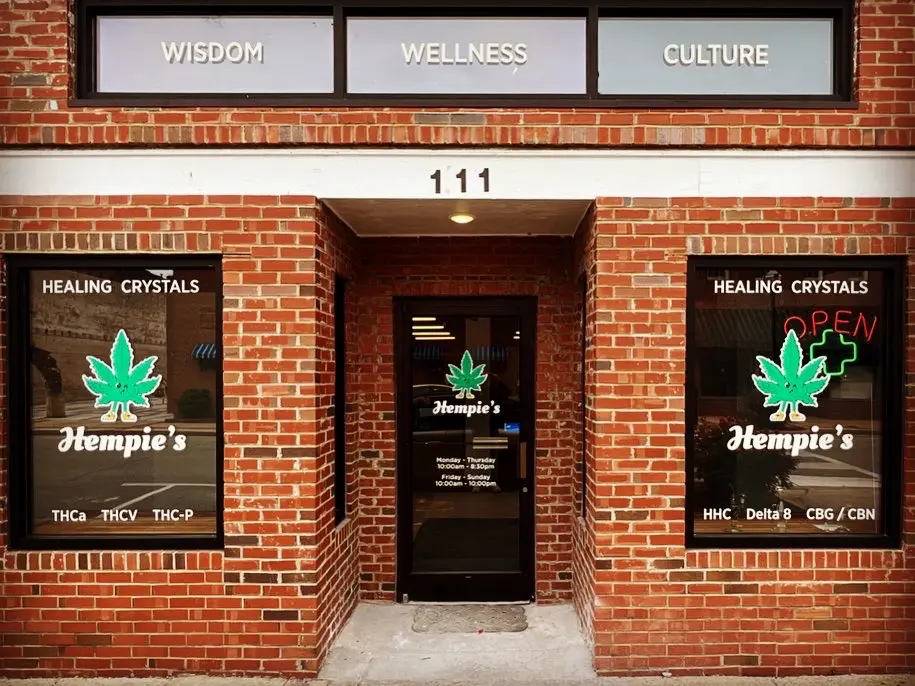Right now in Ohio, thousands of small hemp retailers are doing everything by the book. They’re licensed. They pay taxes. They follow state rules. They sell legal hemp products to people who rely on them for sleep, stress, pain, or staying off pills.
But two new bills — Senate Bill 86 and House Bill 198 — would destroy that overnight.
Both bills take aim at the very products that make hemp stores work. They target things like Delta-8, Delta-10, and other hemp-derived cannabinoids. These aren’t shady street products. These are legal. They’re regulated. They’re sold in clean stores with trained staff. And they’re helping people.
If either of these bills pass, those products become illegal. Not just restricted — banned.
Here’s what they really do:
-
They redefine hemp in a way that includes total THC — not just Delta-9
-
They cap that total THC at 0.3% — which would ban most products on store shelves today
-
They move the sale of THC-containing hemp products into state-run marijuana dispensaries
-
They give the state power to fine, shut down, or criminalize small stores that have been operating legally
That means the products people have used for years could disappear overnight. The stores that built trust in their neighborhoods could be forced to shut their doors. The jobs created across Ohio — gone.
Meanwhile, big marijuana corporations would take over. Not because they serve people better. But because the law would hand them the market. This isn’t about health. It’s about control. It’s about giving dispensaries a monopoly and pushing small business out of the way.
And worst of all — it’s happening fast. Most lawmakers have never set foot in a hemp store. Most don’t understand the products. They’re hearing from lobbyists, not from regular people. That’s why these bills are moving without real public input.
Let’s be clear. This isn’t about getting rid of “bad actors.” There are already laws to handle that. This is about changing the rules on everyone — including the folks who’ve done everything right.
It’s about removing choices from customers. It’s about telling Ohioans they don’t get to decide what helps them feel better. It’s about hurting small shops to help big cannabis companies.
And it’s wrong.
We can stop this. But only if more people speak up — business owners, workers, customers, citizens. Anyone who cares about fairness, access, and keeping hemp legal.
Because what they’re doing isn’t regulation. It’s erasure.






